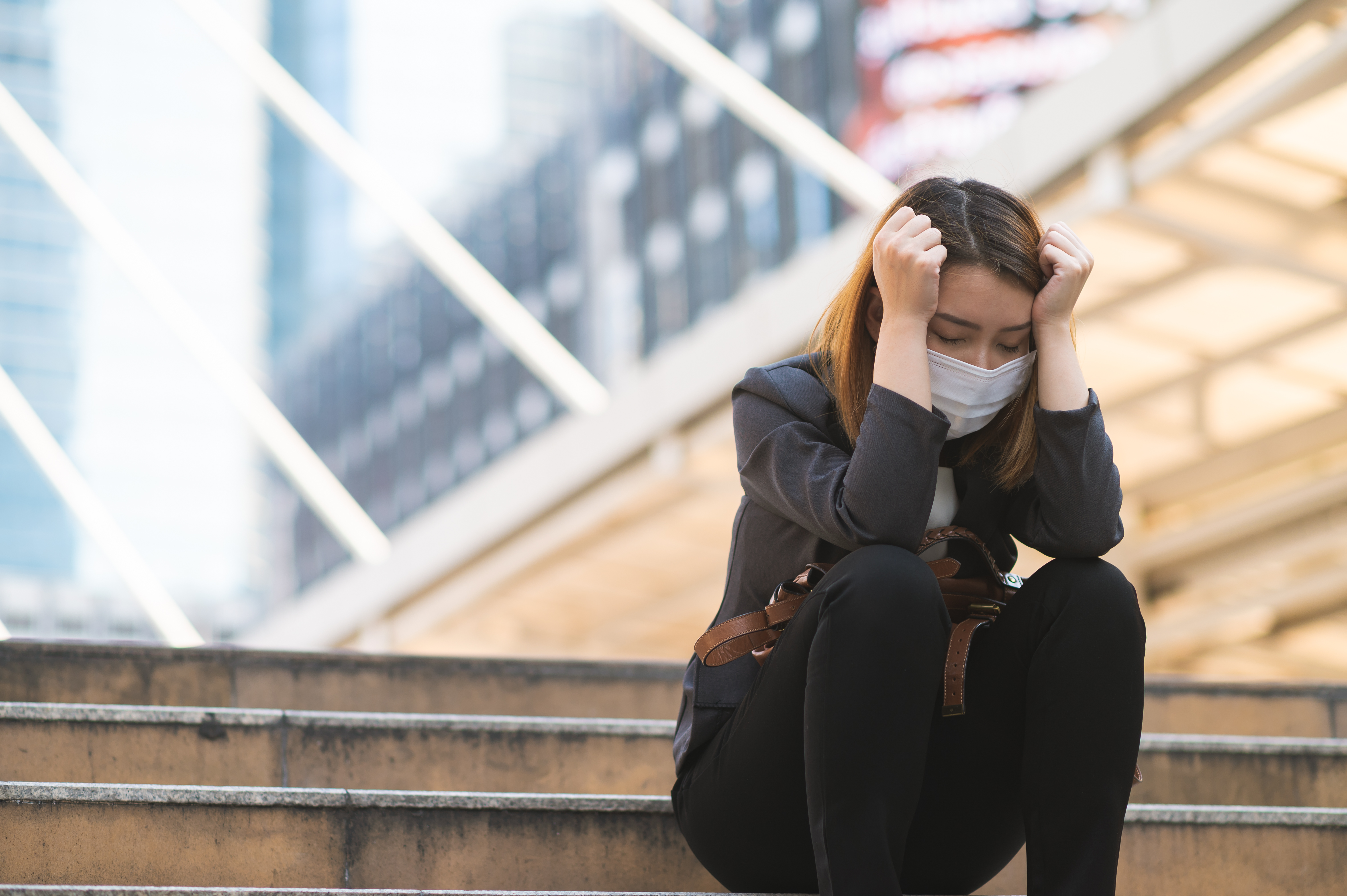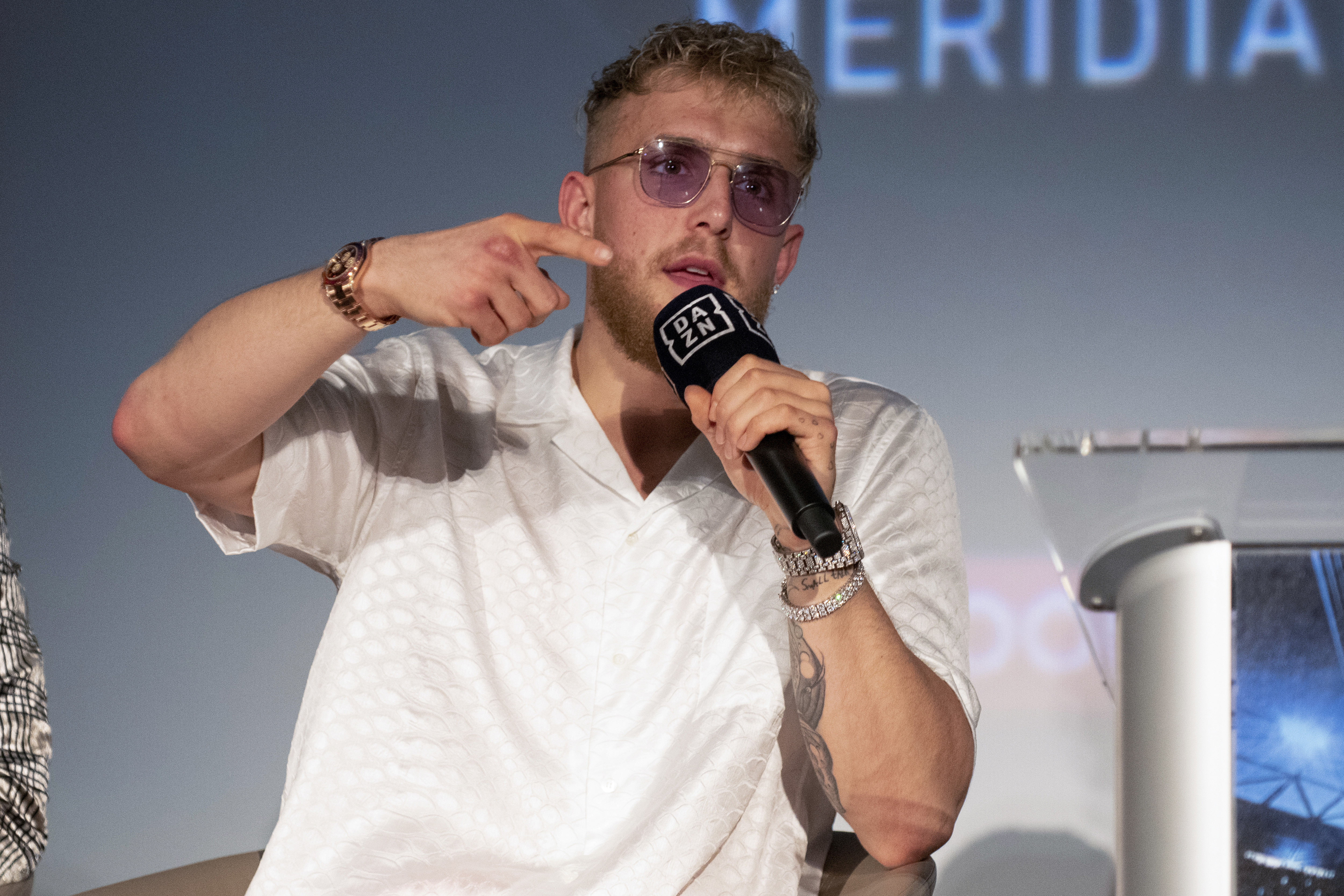We know that a college is a business. At the end of the day, your beloved alma mater really just wanted to sell you a product, and you bought it.
So what do you do when you’re trying to sell a product in 2020? You get an influencer to promote that product on social media, which is exactly what colleges and universities are doing.
Some of those institutions have attracted criticism for paying influencers who did not attend those schools to promote them on their social channels, with critics calling the practice unethical and unfair to young followers in the midst of the intense, often extremely expensive, college decision process.
Such partnerships between universities and influencers are becoming increasingly common in the U.K., Vice reports, with some influencers facing backlash from their followers for promoting universities they didn’t go to, and potentially encouraging younger followers to make a higher ed choice that isn’t right for them.
Influencers, however, maintain that promoting a college is no different than any other paid endorsement deal. “These partnerships are exactly the same as other brand partnerships,” blogger and influencer Grace Bee told Vice. “Universities are businesses at the end of the day and so they market themselves as such, and I think it would be crazy for any business to ignore the reach and influence of online creators at the moment.”
While society’s increasingly heightened skepticism of influencer culture may render some people more critical of universities’ pivot to influencer advertising, higher education has always been in the business of pushing a product, so is it really any different if that product comes to us from an Instagram influencer than if it comes to us from a TV ad or admissions pamphlet?
“Whatever your view on it, the ‘marketization’ of higher education is here to stay,” Benedict Holmes, former vice-director of Durham University’s Nightline, told Vice. “Influencer marketing is just the latest in a series of advertising innovations.”
Moreover, as clinical psychologist Dr. Oliver Sindall noted, a college education is far from the most toxic thing influencers could be peddling to young followers. “Ideally, influencers and companies should be thinking about the potential impact of what they are promoting,” he told Vice. “But if you have thousands of young followers, is it really a bad thing to promote the pursuit of higher education?”
Thanks for reading InsideHook. Sign up for our daily newsletter and be in the know.


















